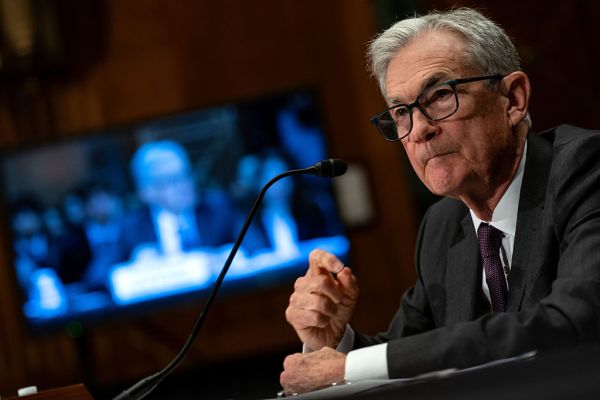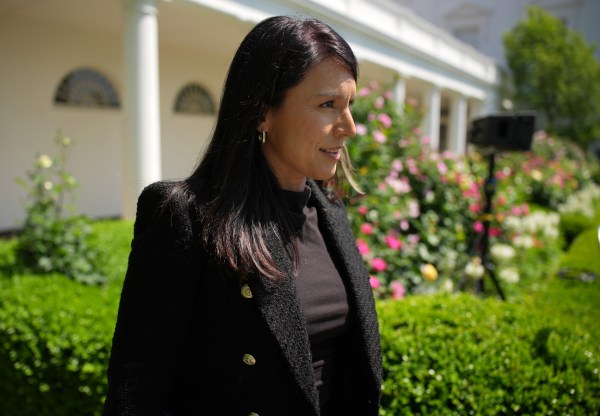Since former Syrian dictator Bashar al-Assad’s government fell to rebels last month, forcing him to flee to the safety of Moscow, Russia, rumors have emerged that he has been poisoned.
“Exiled Syrian Dictator Bashar al-Assad allegedly poisoned in Moscow,” claimed a post from the Instagram account “muslim,” which has more than 6 million followers on the platform. Another popular account, “The US Armenians,” similarly posted to Instagram, “Bashar Assad poisoned in Moscow.” That post’s caption included a headline from The Sun, the British-based tabloid: “‘KILL’ BID Exiled Syrian tyrant Bashar al-Assad ‘POISONED’ in ‘assassination bid’ which left him ‘struggling to breathe.’”
On X, one user with more than 500,000 followers tweeted, “Assassination attempt on Bashar al-Assad: Assad reportedly sought medical attention after experiencing severe symptoms, including coughing and choking.” He added, “Tests revealed traces of poison in his blood. Assad received medical treatment and is now in stable condition.” Another self-described news account on X tweeted, “Assad was hospitalized after an attempt to poison him.”
Claims that Assad had been poisoned and is now battling serious health issues are unconfirmed and lack credible evidence. While an anonymous Russian Telegram account, “General SVR,” was the first to promote the claims regarding Assad, it is unclear whether its sources—if they even exist—are reliable. The account has a history of promoting unverifiable and questionable reports from Moscow, previously sharing that Russian President Vladimir Putin went into cardiac arrest and, on a different occasion, unintentionally defecated himself after falling down the stairs. The Kremlin denied both claims at the time.
On December 31, “General SVR” posted to Telegram:
There is every reason to believe that an assassination attempt was made on former Syrian President Bashar al-Assad. On Sunday afternoon, Assad complained to his security about feeling unwell and having trouble breathing and asked for medical help. Almost immediately after the request, he began to cough violently and began to choke. Assad was given water and this helped to ease the attack a little, but normal breathing was still not restored, and headaches and stomach pains were added to this. By the time the medics arrived, the former Syrian president’s condition was deteriorating. Representatives of the Russian leadership were promptly informed about Bashar al-Assad’s condition. While the medics were providing Assad with first aid, an order was received to treat him at home whenever possible and not to place the “patient” in medical institutions. After first aid was provided, “reinforcements” arrived to the medics and a treatment ward was set up in Assad’s apartment. As of Monday evening, according to the doctors treating him, Bashar al-Assad’s condition is stable and he feels fine. The tests that were taken from the former Syrian president showed traces of exposure to a toxic substance in his body. As reported in the report to the Russian presidential aide Nikolai Patrushev, an investigation is underway, but it has not yet been possible to determine how Bashar al-Assad was exposed to the poison.
No major media outlets have been able to independently verify these claims. And, while various tabloids have circulated claims about Assad’s failing health from poisoning, they all cite the Russian Telegram account and did not provide any independent supporting evidence or cite additional sources. The Telegram post currently has more than 360,000 views.
There are other indications that “General SVR” may not be a reliable source. On January 5, less than a week after he shared the Assad claim, he advertised investments into several cryptocurrencies on his account. “Already at the beginning of 2025, a couple of coins will appear on the crypto market that will grow 10-15 times,” he shared. “Your $ 1,000 can turn into a solid capital.” That post has been viewed nearly 200,000 times. On Tuesday, he advertised “strong working knives” that he allegedly crafted himself. “I spare no effort and time to bring them to perfection,” he wrote, directing users where to place their purchase. “In-house production, so I keep prices pleasant.”
The Dispatch Fact Check reached out to “General SVR” for a request for comment.
If you have a claim you would like to see us fact check, please send us an email at factcheck@thedispatch.com. If you would like to suggest a correction to this piece or any other Dispatch article, please email corrections@thedispatch.com.










Please note that we at The Dispatch hold ourselves, our work, and our commenters to a higher standard than other places on the internet. We welcome comments that foster genuine debate or discussion—including comments critical of us or our work—but responses that include ad hominem attacks on fellow Dispatch members or are intended to stoke fear and anger may be moderated.
With your membership, you only have the ability to comment on The Morning Dispatch articles. Consider upgrading to join the conversation everywhere.